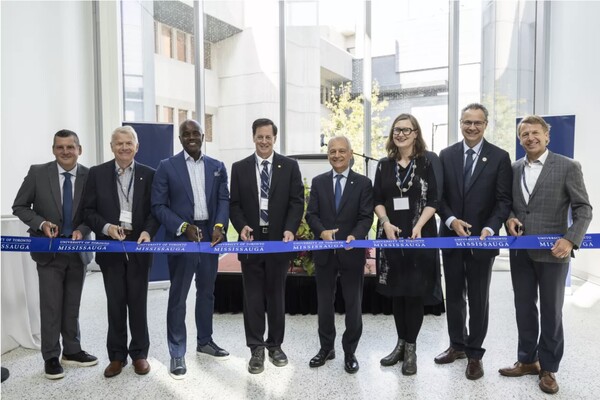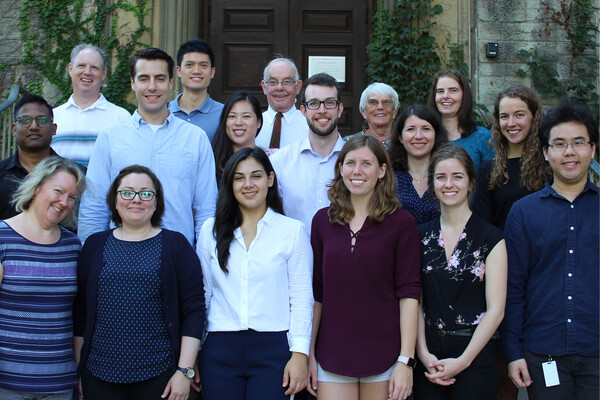Main Second Level Navigation
Breadcrumbs
- Home
- News & Events
- Recent News
- Supporting new generations of surgeon-scientists: The George and Ruth Reisman Scholars
Supporting new generations of surgeon-scientists: The George and Ruth Reisman Scholars
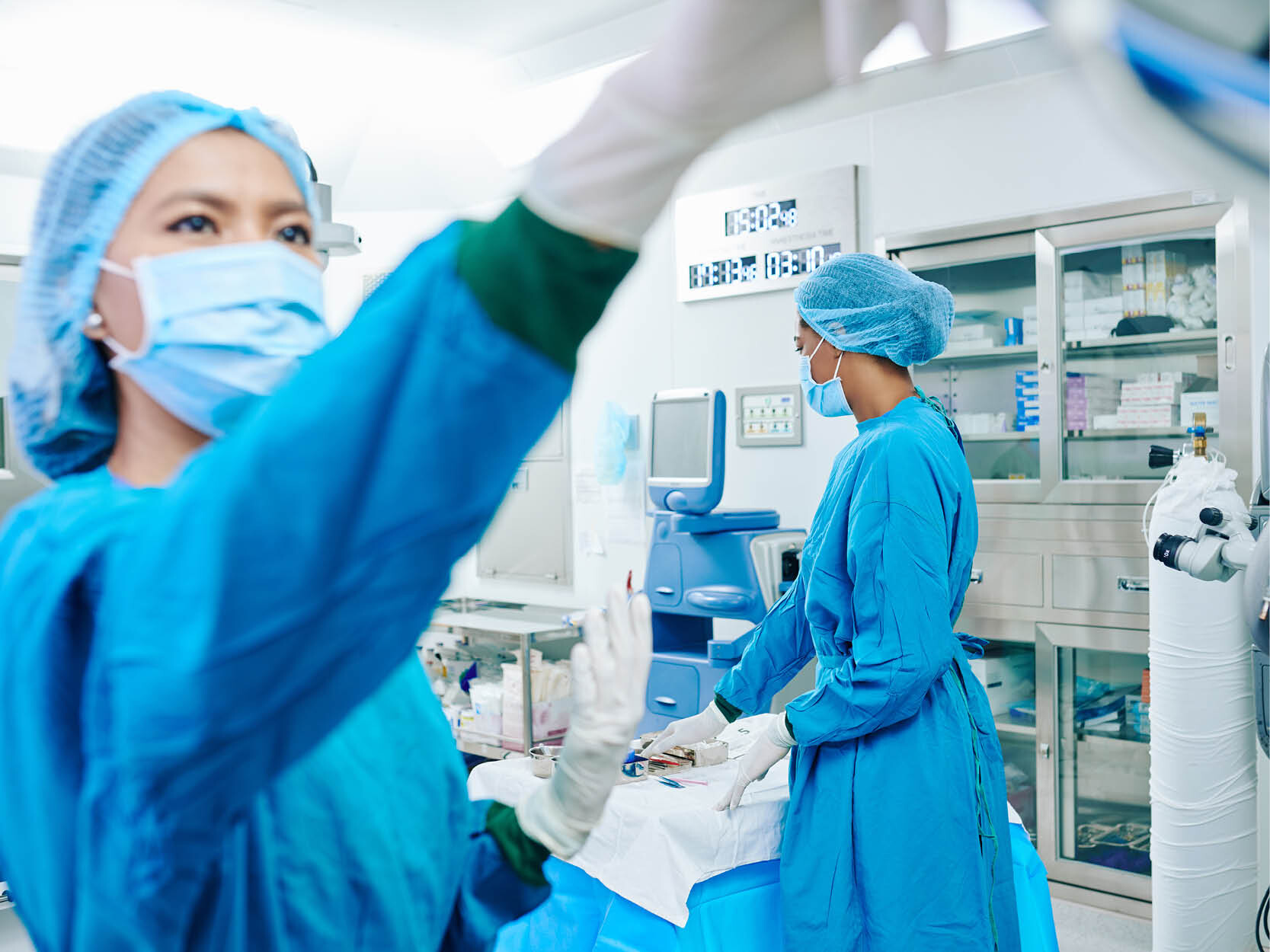
Elly Reisman knows that while innovation has been key to life-saving new advances in medicine over the past century, it rarely comes easily. It demands leaders who can combine their clinical expertise with advanced research and development skills, both of which can only be honed through years of additional training and hard work. Reflecting on this – and guided by his family’s own commitment to philanthropy – he has recently made a gift to support new generations of surgeon-scientists at the University of Toronto’s Temerty Faculty of Medicine.
“Supporting people to help them achieve noble goals was exactly what our parents did in their extended families,” Reisman says. “This is also my late bother Norman’s gift – we are following our parents' lead while honouring not just them, but our entire family.”
U of T’s world-renowned Surgeon Scientist Training Program supports surgery residents while they concurrently pursue graduate research at the master’s or PhD level. The program, which currently has 38 trainees enrolled, provides high-quality, in-depth research training for surgical residents who wish to pursue careers in academic surgery – ultimately preparing them to take on roles as future innovators and leaders in their field.
While the program has been an overwhelming success, graduating more than 360 surgeon-scientists since 1983, the number of trainees that can be taken on every year has historically been limited due to financial constraints.
Now, The George and Ruth Reisman Family Scholarships – named in honour of Reisman’s parents – will sustain and grow the program in the years and decades to come. It will ensure more surgical trainees will have the time to pursue advanced graduate studies and be better positioned to take on roles as future leaders in research and development, education and health systems.
“The alumni of U of T’s surgeon-scientist training program have made and continue to make discoveries and innovations that advance science and inform evidence-based health care. This program clearly has enormous impact through the work of these extraordinary innovators and their research teams,” says Carol Swallow, the R.S. McLaughlin Professor and Chair of U of T’s Department of Surgery, who is also a surgical oncologist at Sinai Health and Princess Margaret Cancer Centre. Swallow is herself a proud graduate of U of T’s Surgeon-Scientist Training Program.
“Elly’s support for the George and Ruth Reisman Family Scholarships will enable us to build on this track record to do even more – preparing more talented surgeon-scientists to solve more complex problems, and ultimately benefit more patients and communities.”
Darrell Ogilvie-Harris, a professor of orthopaedic surgery at U of T, staff orthopaedic surgeon at UHN's Toronto Western Hospital and Elly’s long-time friend, is also an alumnus of U of T’s Surgeon-Scientist Training Program (having complete his training in 1978). He credits the collaborative research skills gained in the program with many of his later career successes, including his work establishing U of T’s Orthopaedic Sports Medicine Program.
“The George and Ruth Reisman Family Scholarships will unite future recipients and enhance the whole surgeon scientist program,” Harris says. “It provides a central theme across all specialities.”
Now in its 102nd year, U of T’s Department of Surgery oversees the training of 270 residents and 250 clinical fellows across ten partner hospitals. For surgical trainees, the ability to pair their surgical training with new perspectives gained from their graduate studies is invaluable, not only for them as individuals, but also informing the quality of care they provide patients.
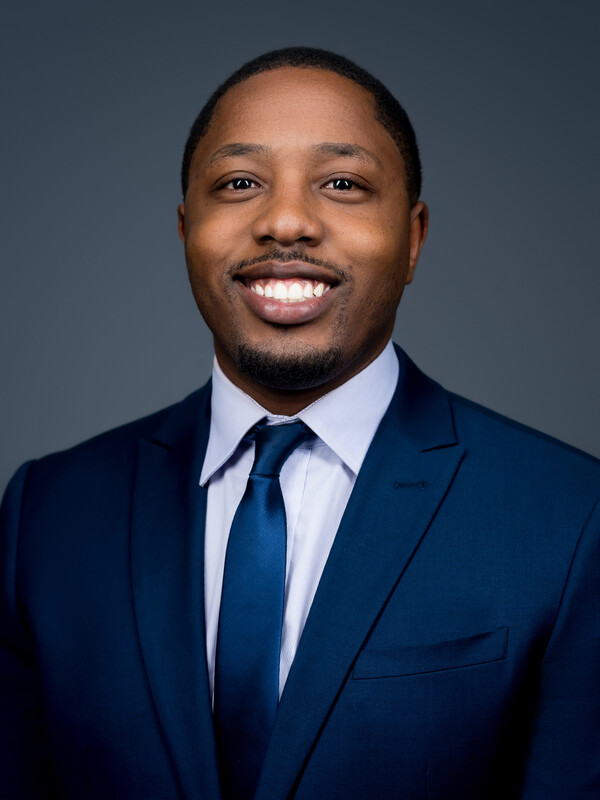
“In my first two years of clinical rotation, I really started to see the challenges that patients face. Research allows me to explore a health systems perspective, to understand where those gaps are that patients are experiencing in accessing healthcare,” explains Adom Bondzi-Simpson, who is one of the first trainees supported by the George and Ruth Reisman Family Scholarships. A current surgical resident and PhD candidate, Bondzi-Simpson is researching how social factors, such as socio-economic status and geography, impact how long it may take for a patient to undergo colon cancer surgery in Ontario.
“This program allows me to carve out time in my clinical duties to focus on my research, which is so important to understand the barriers patients face from a system perspective.”
Not only does the George and Ruth Reisman Family Scholarships provide essential support to allow trainees to concentrate on their research, but it also provides a nod of empathetic encouragement as they progress on their academic journey.
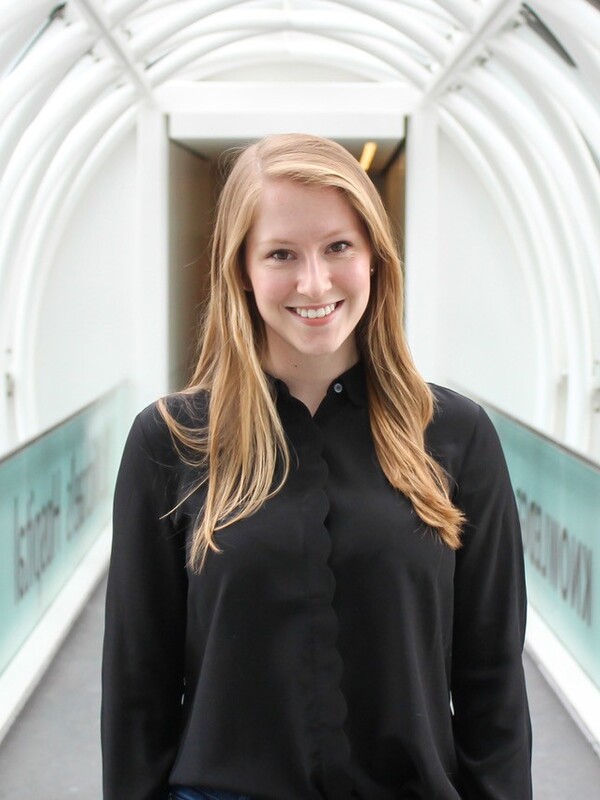
For Darby Little (MD '21), another beneficiary of support from the fund, the vote of confidence this external support gives trainees is a welcome reassurance amidst the trials and tribulations of pursuing a research degree alongside clinical work.
“The biggest draw towards pursuing my master's thesis in the Surgeon Scientist Training Program was my desire not only to help patients one-on-one clinically, but to also adopt a population-based perspective that would enable me to advocate for improved care for at-risk patients at both institutional and societal levels,” she explains. Little is a master’s candidate exploring the barriers burn injury survivors experience in accessing primary care and if access to this care has an impact on their long-term health outcomes.
“The Reisman scholars program really validates that the work we're doing – such as working towards improving cycles of health disparity – is important and should be completed to the best of our ability.”
News

